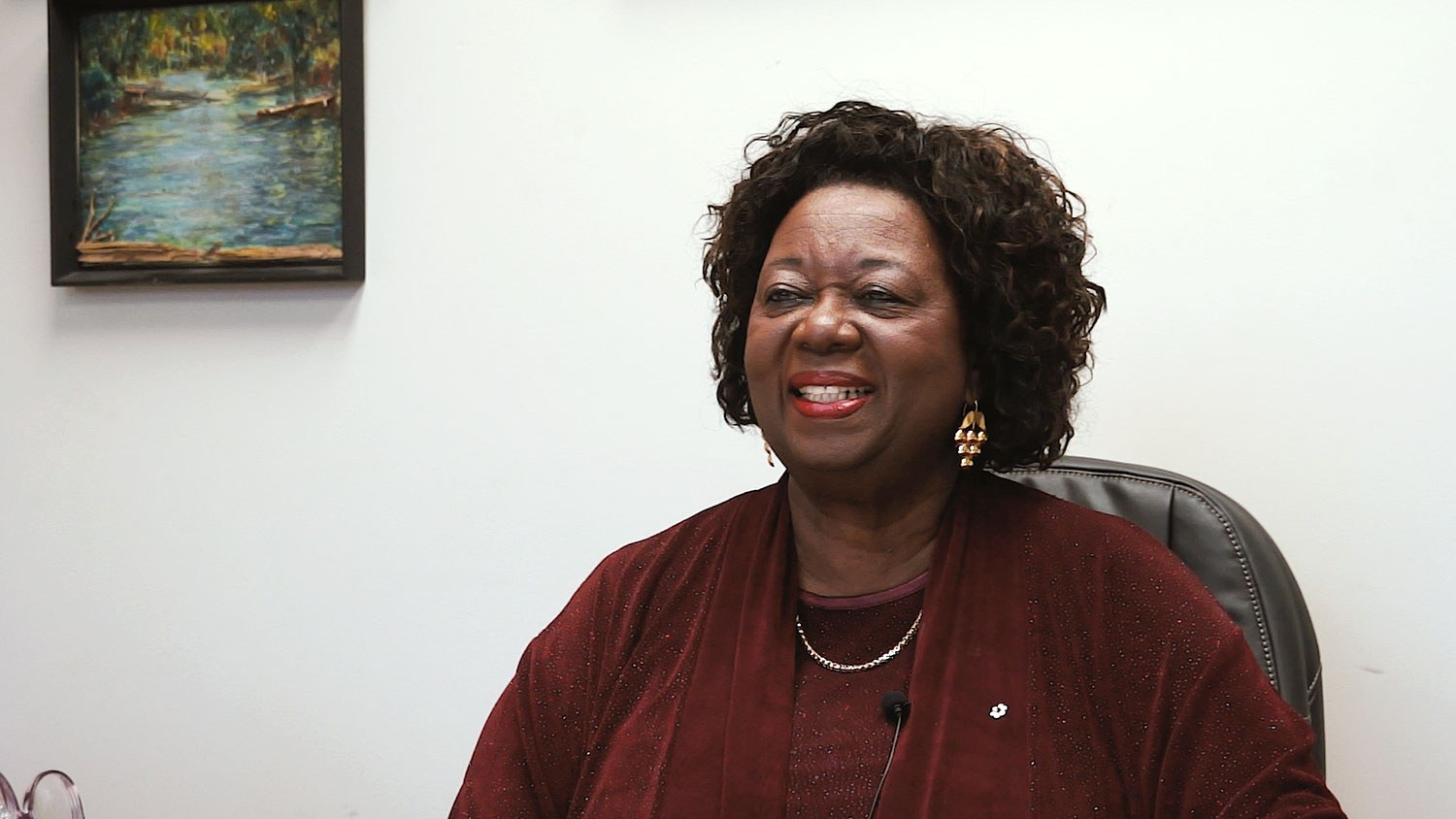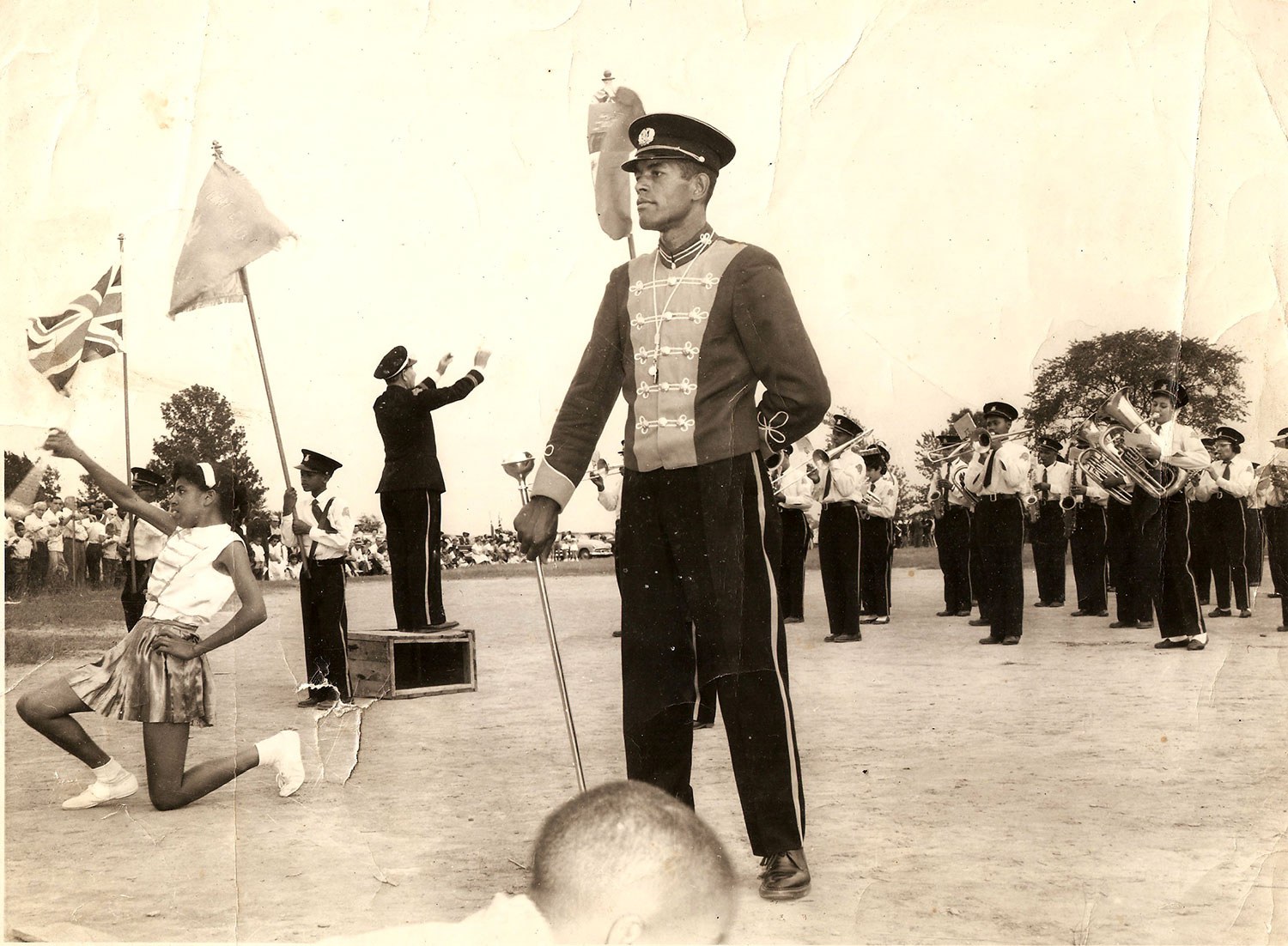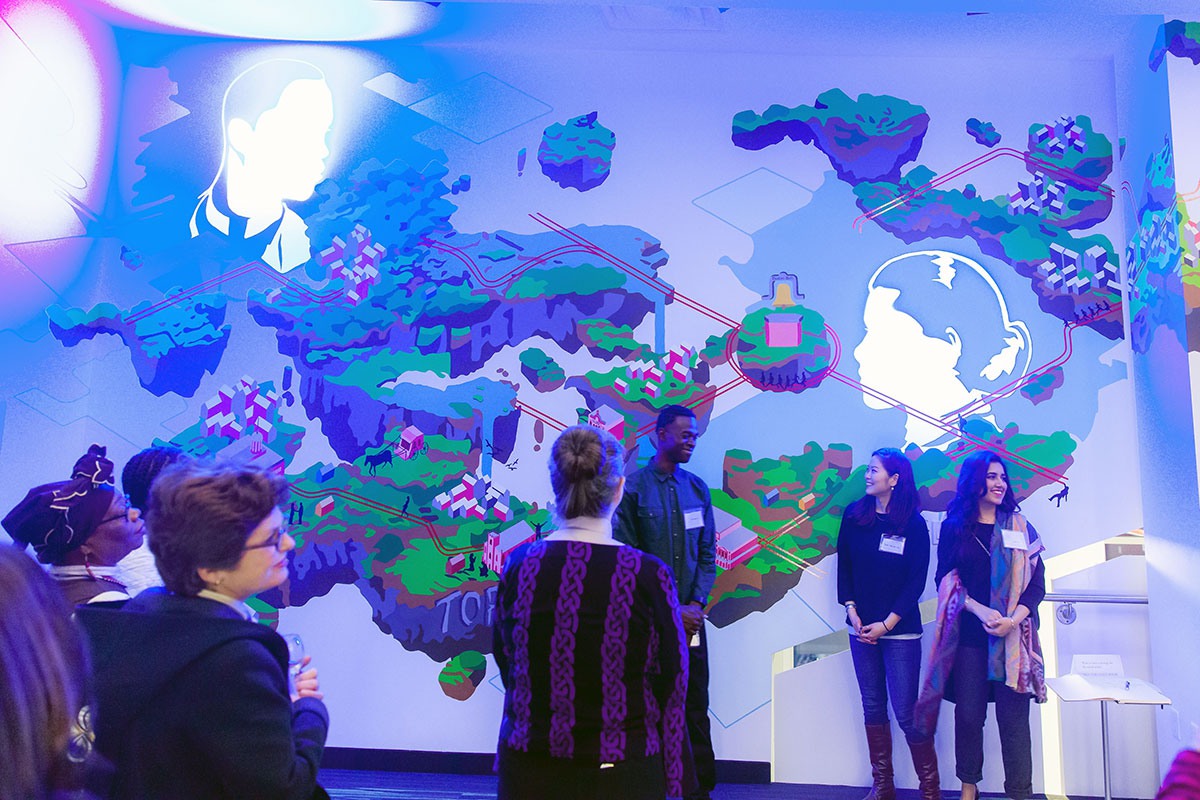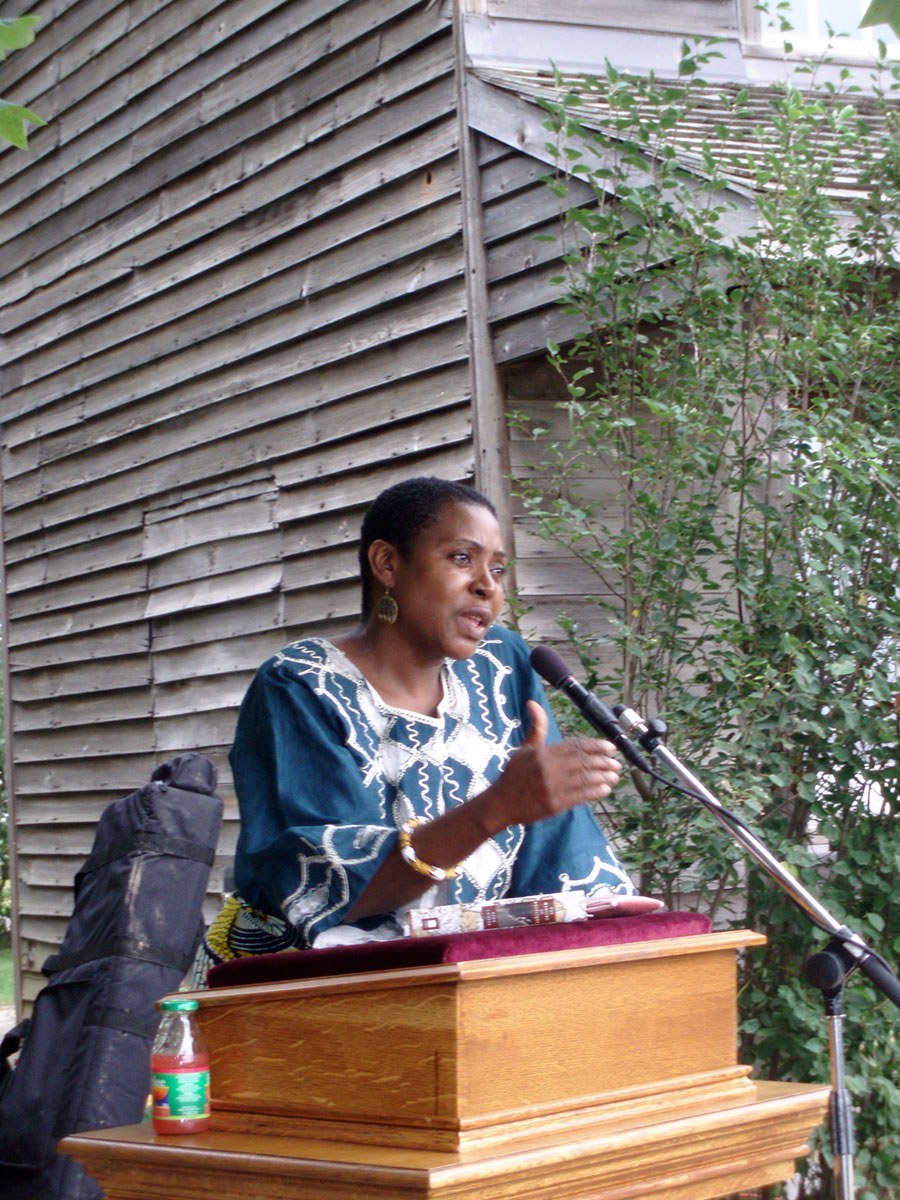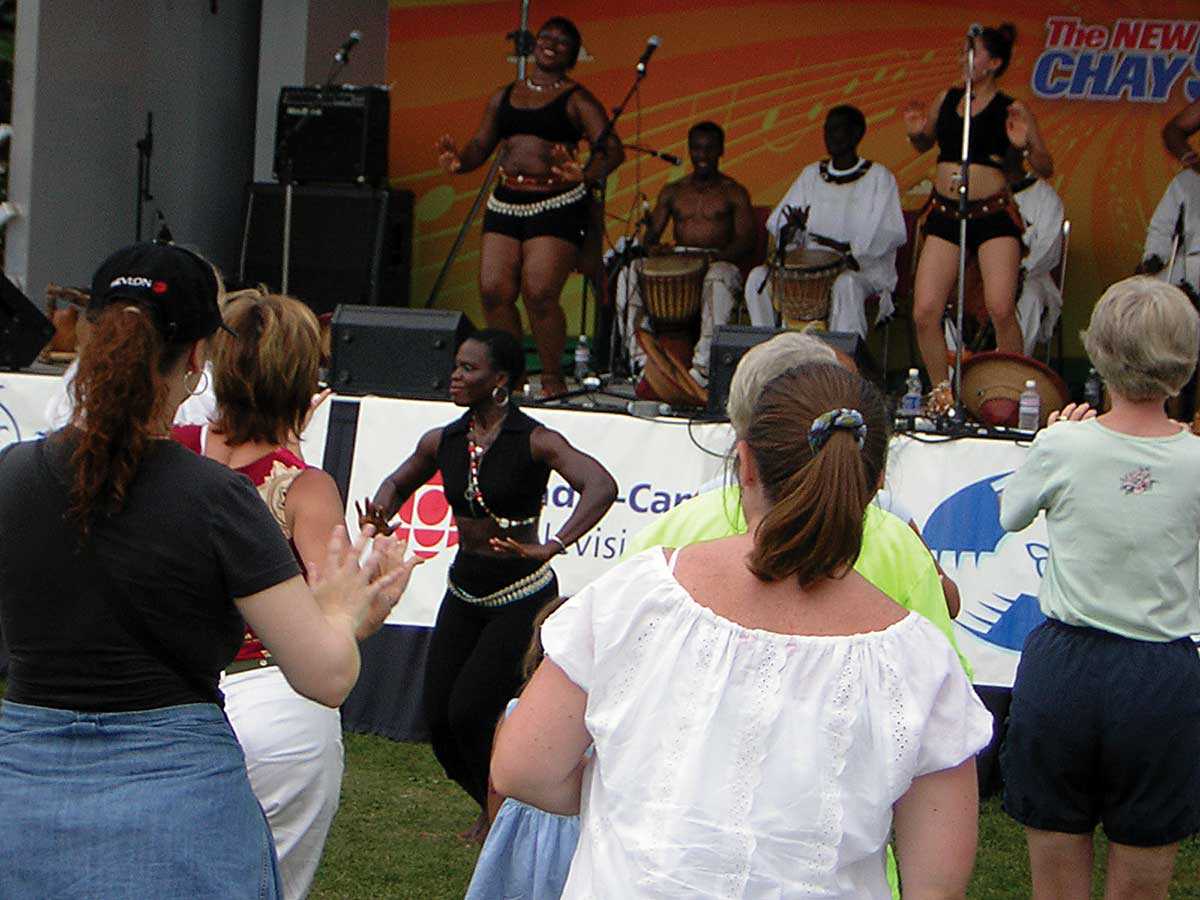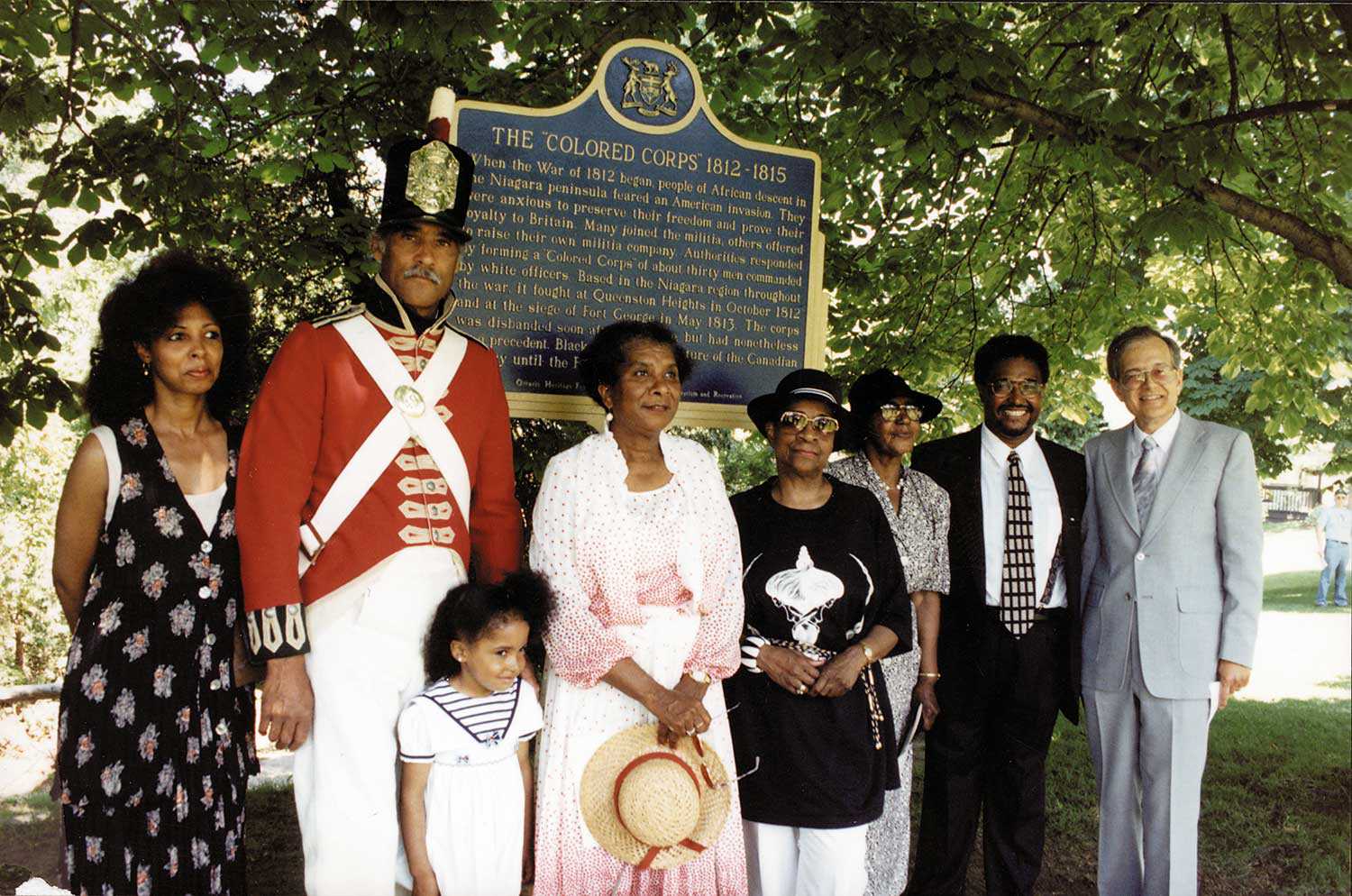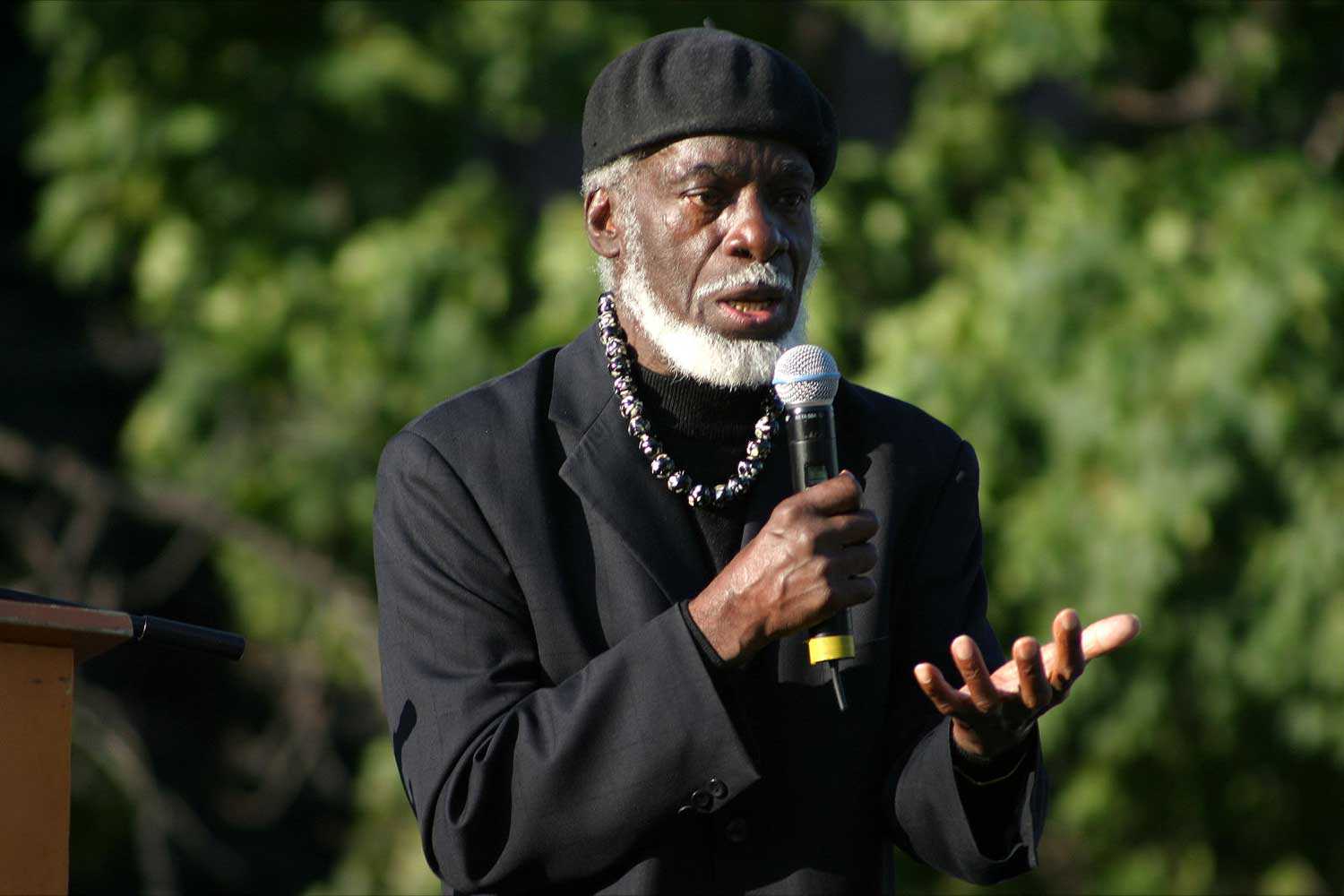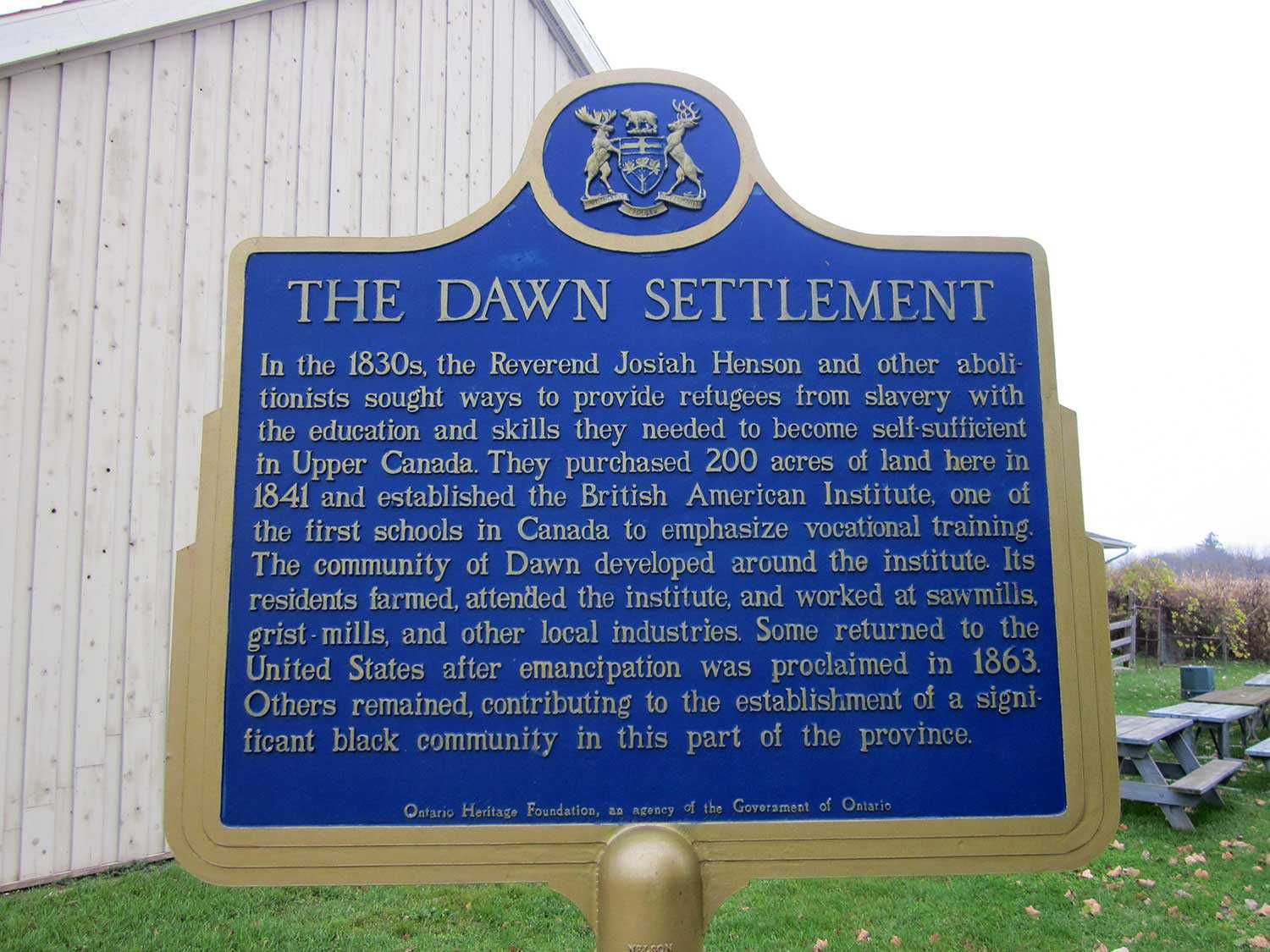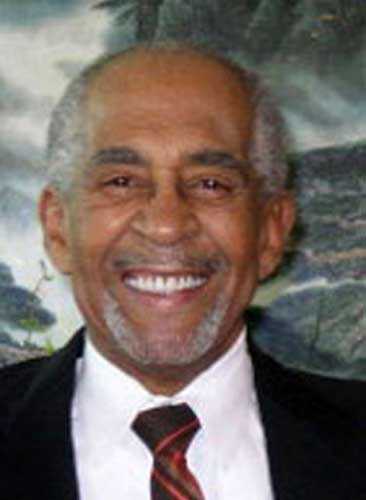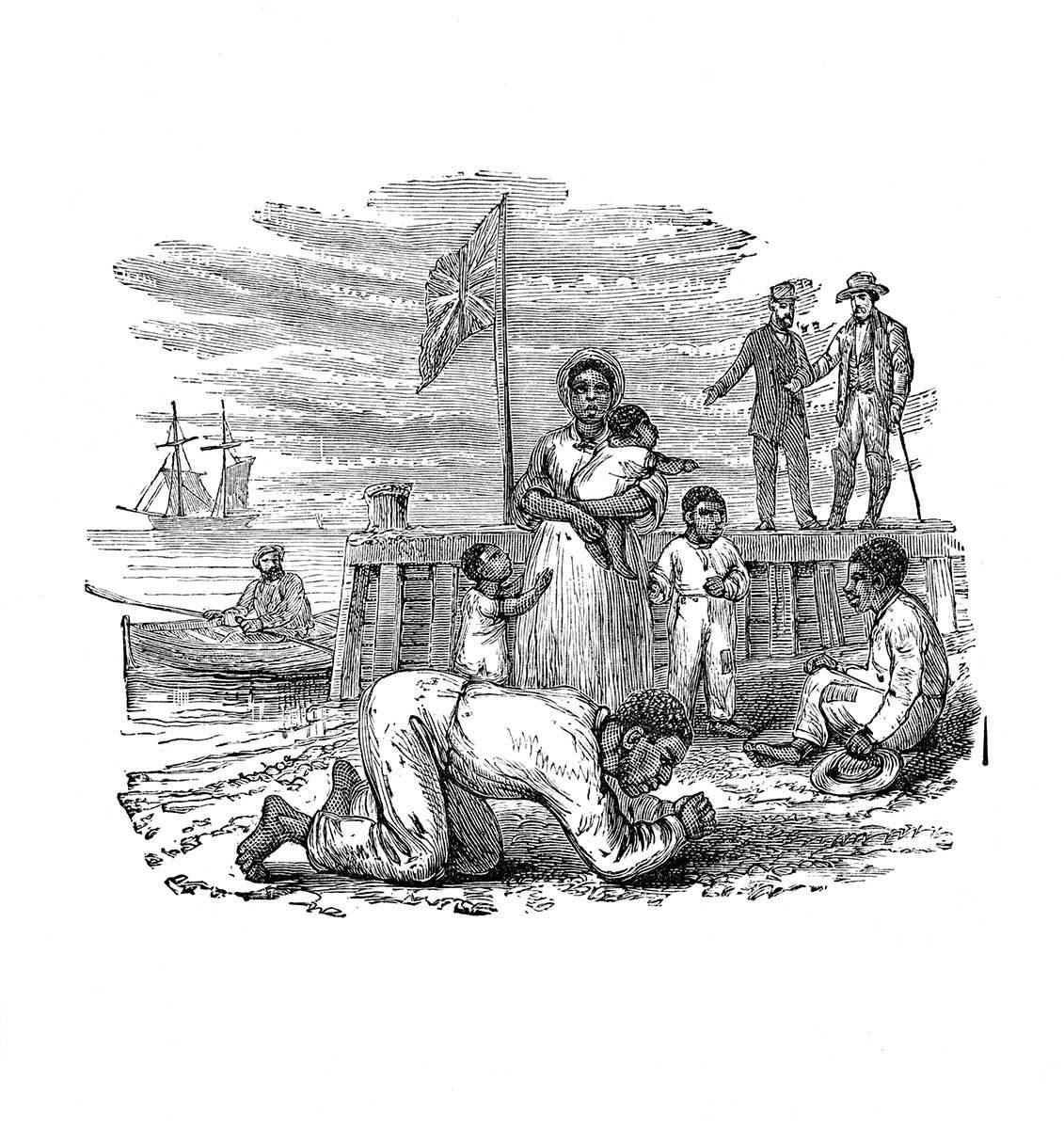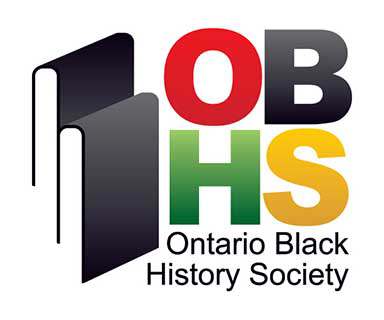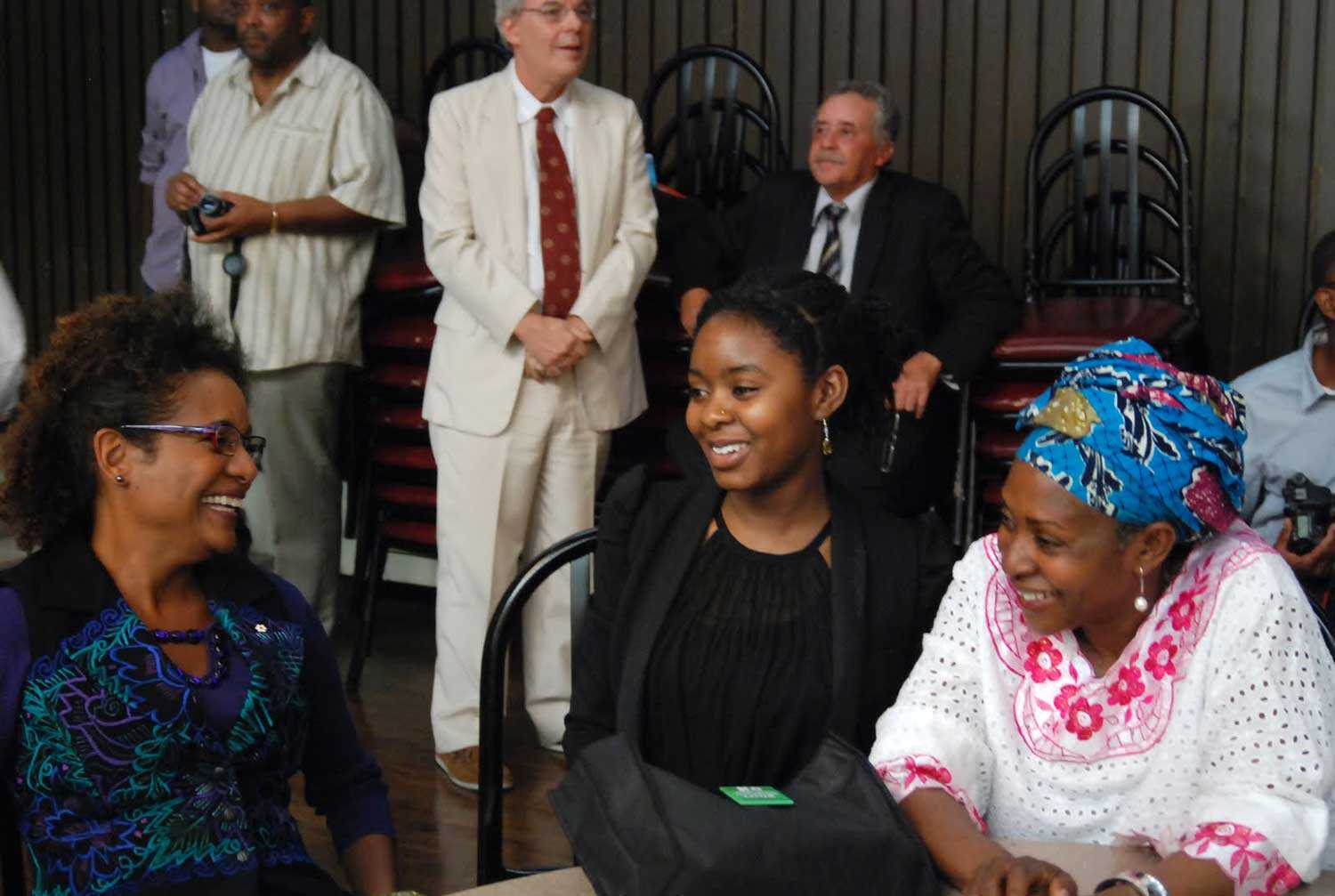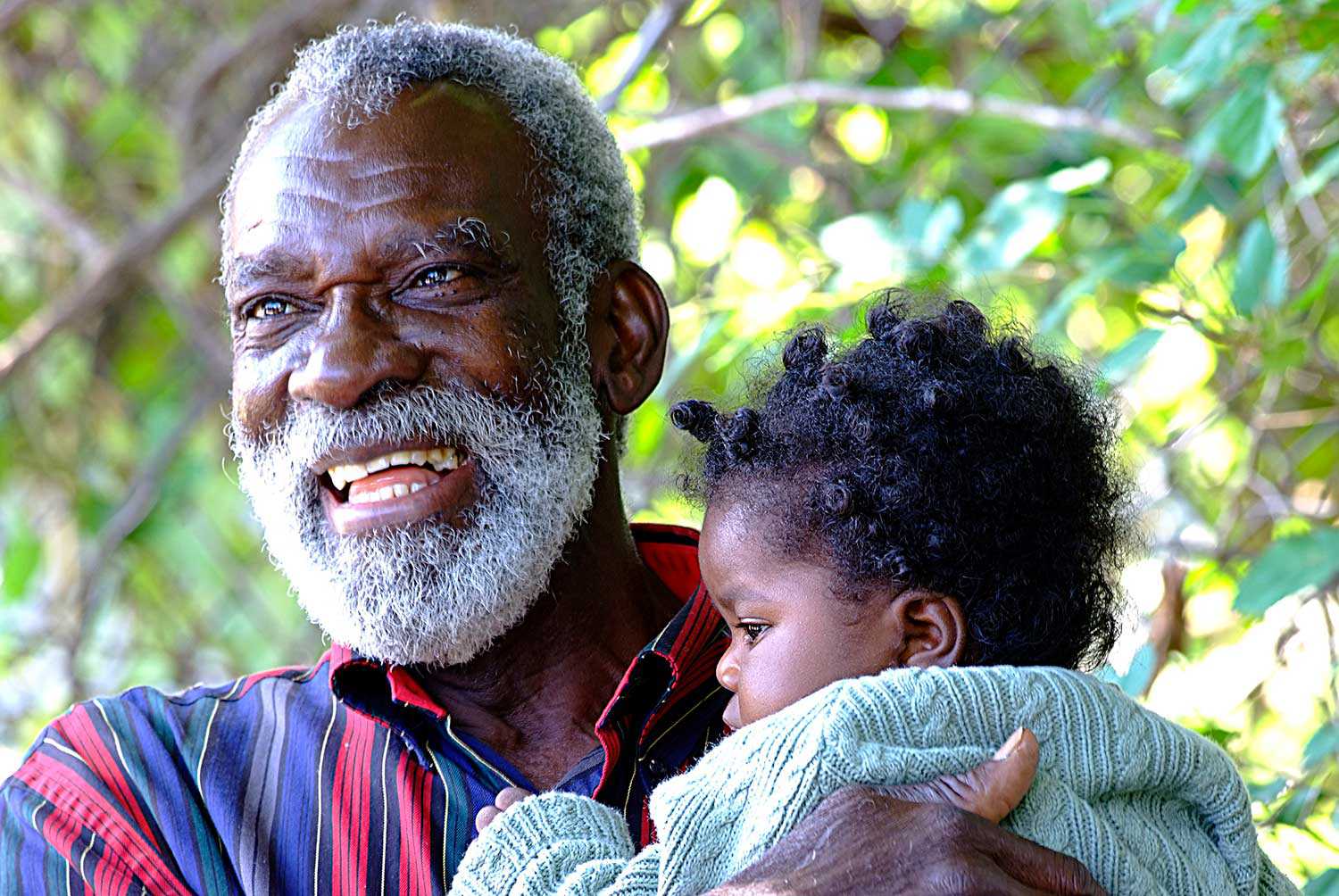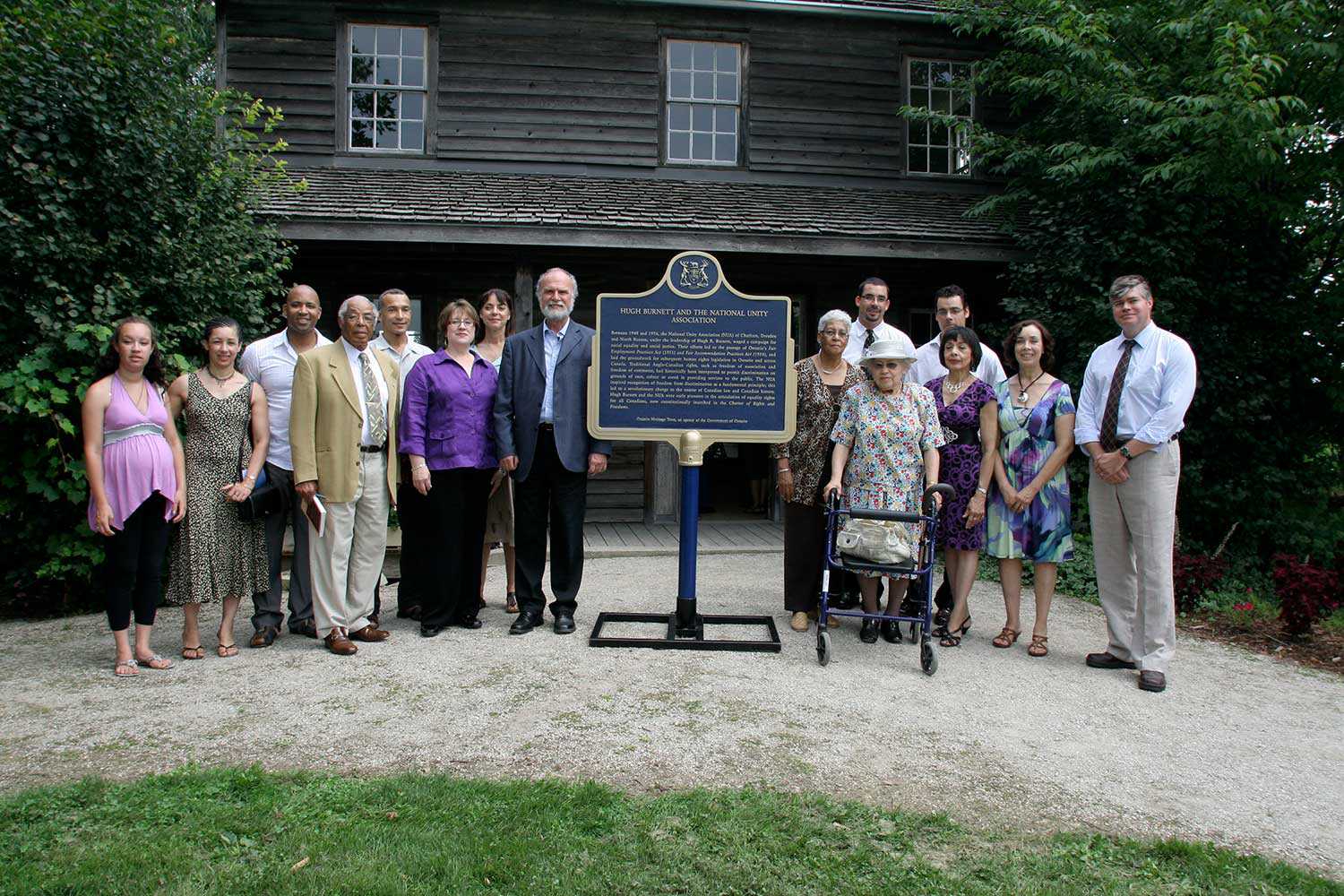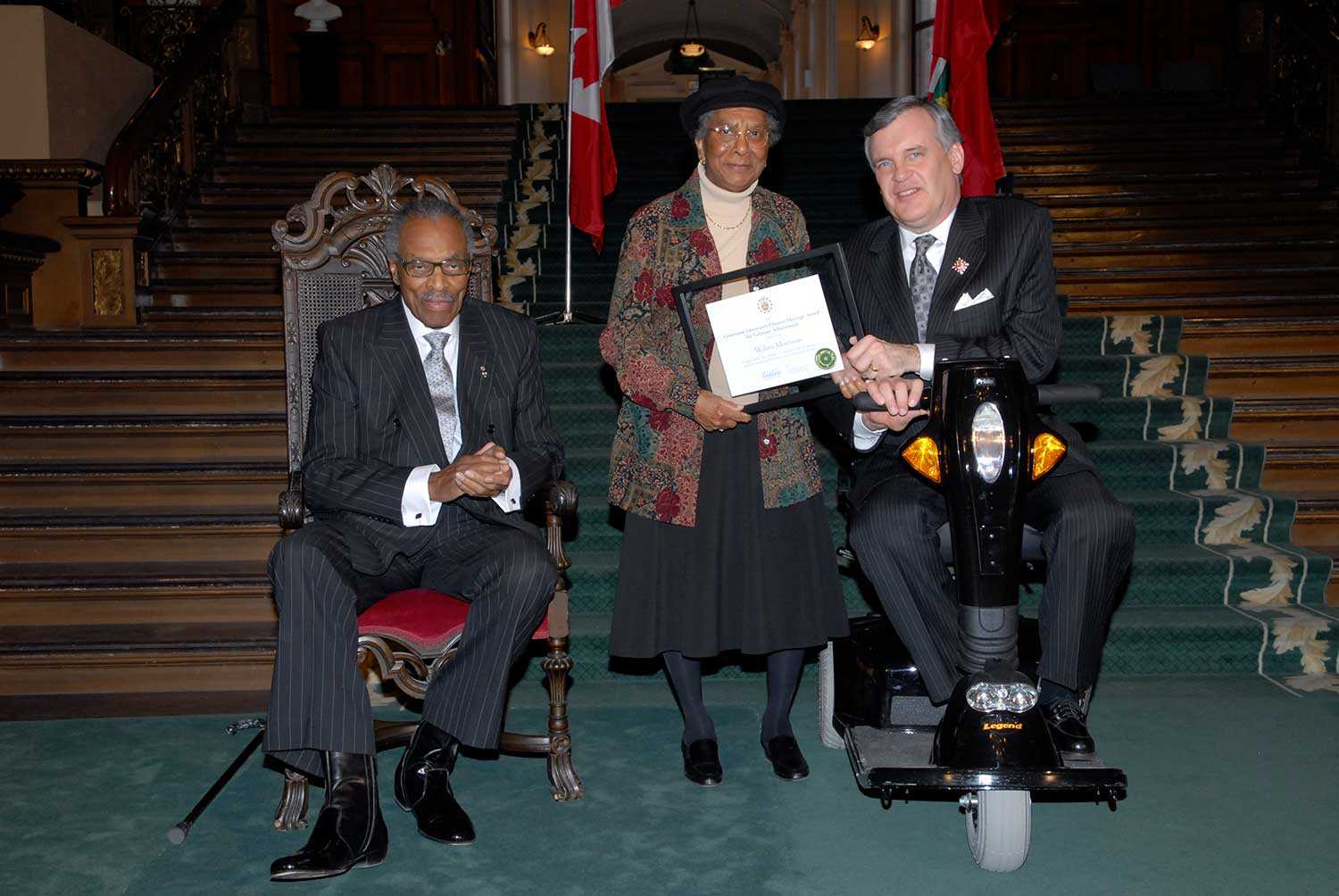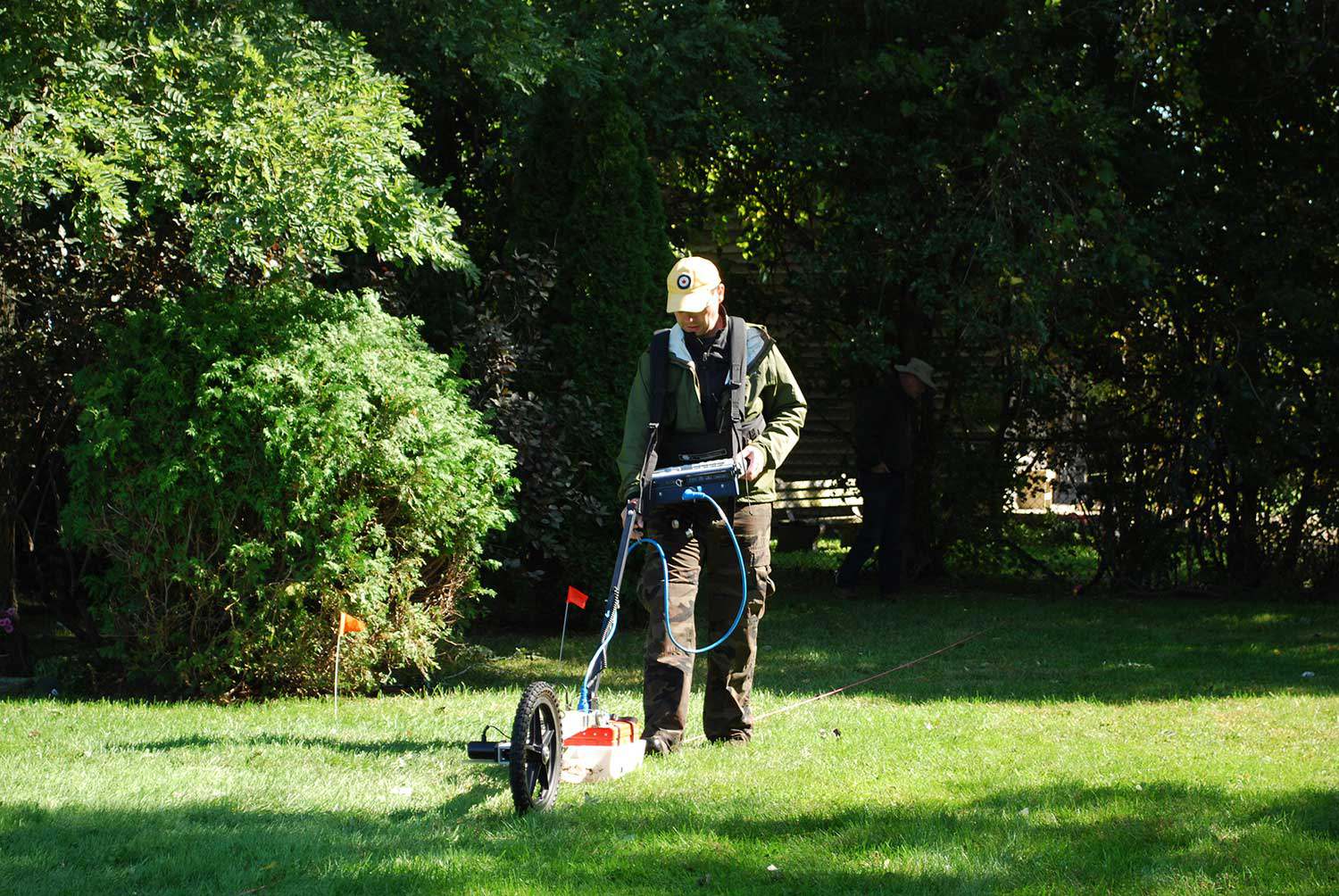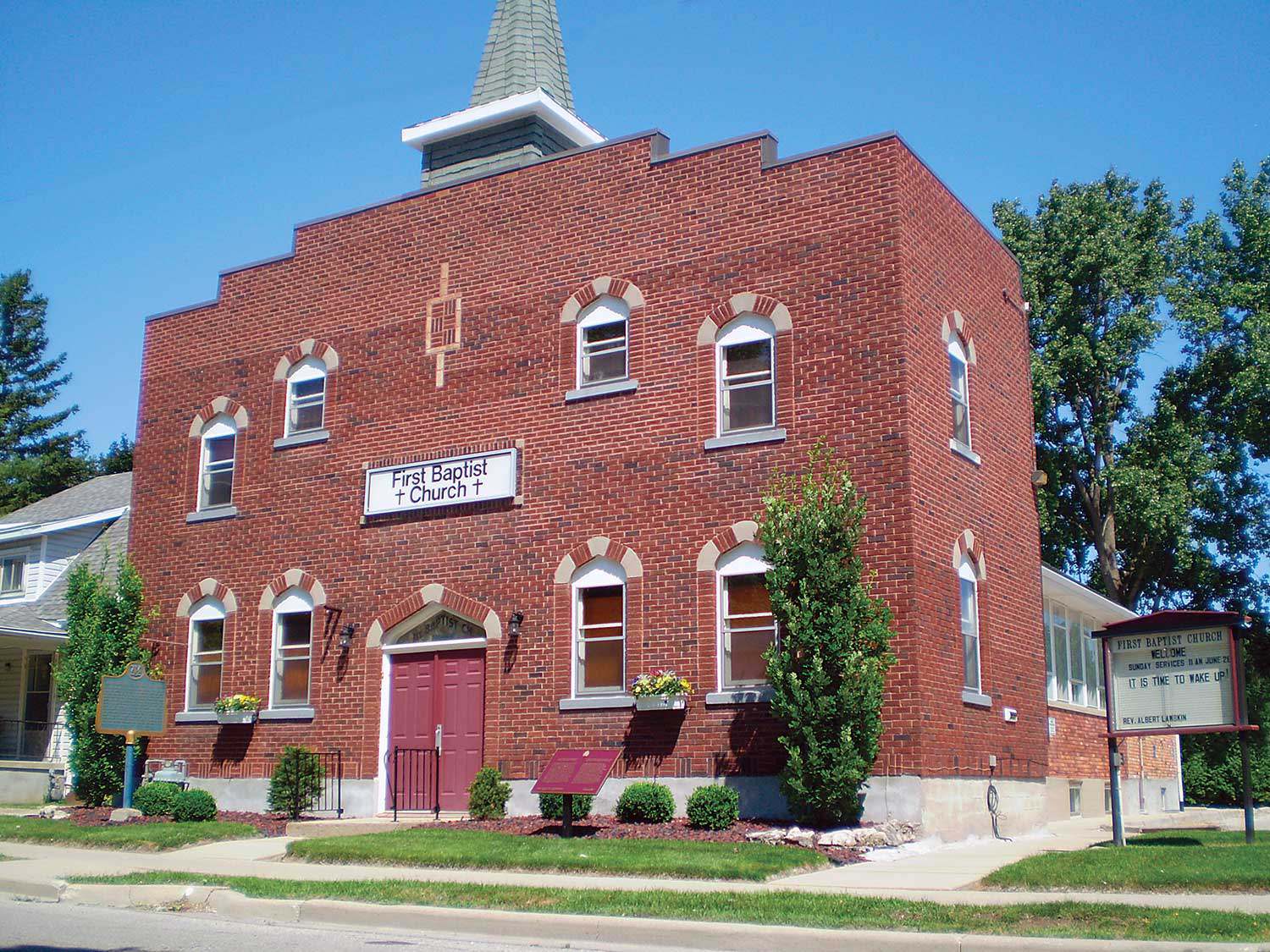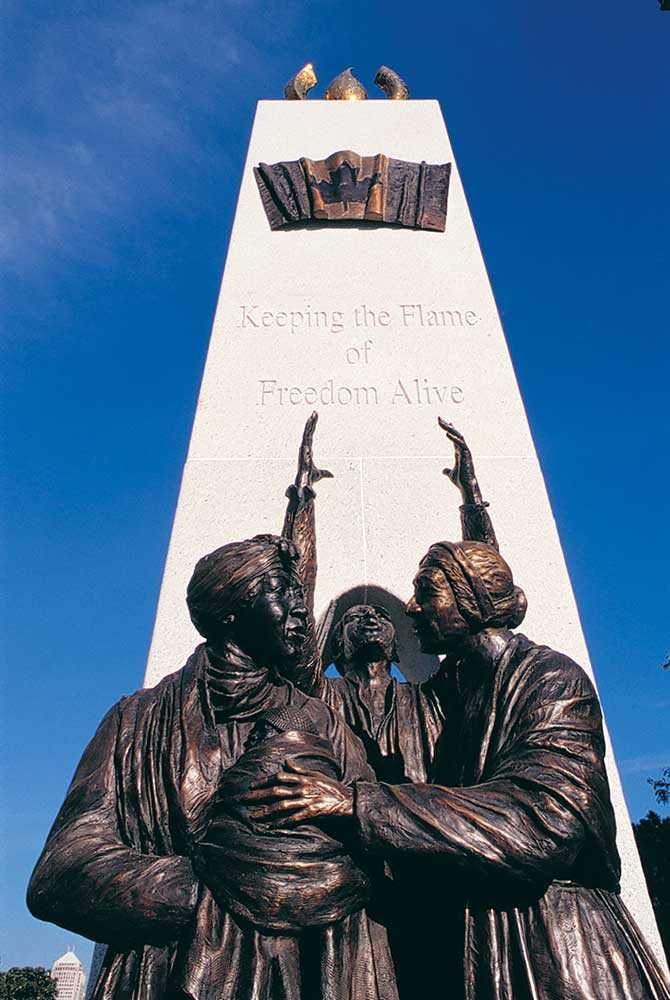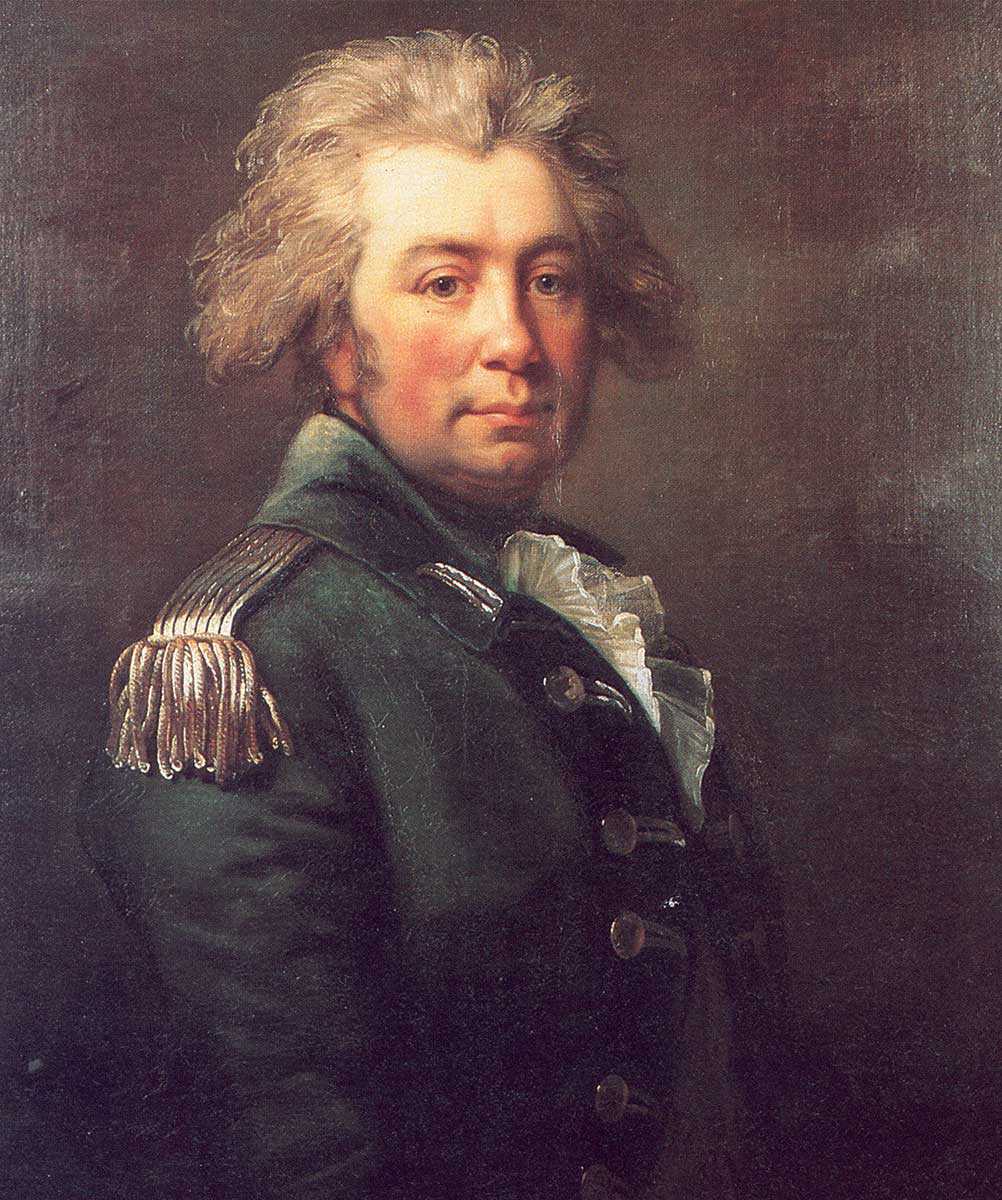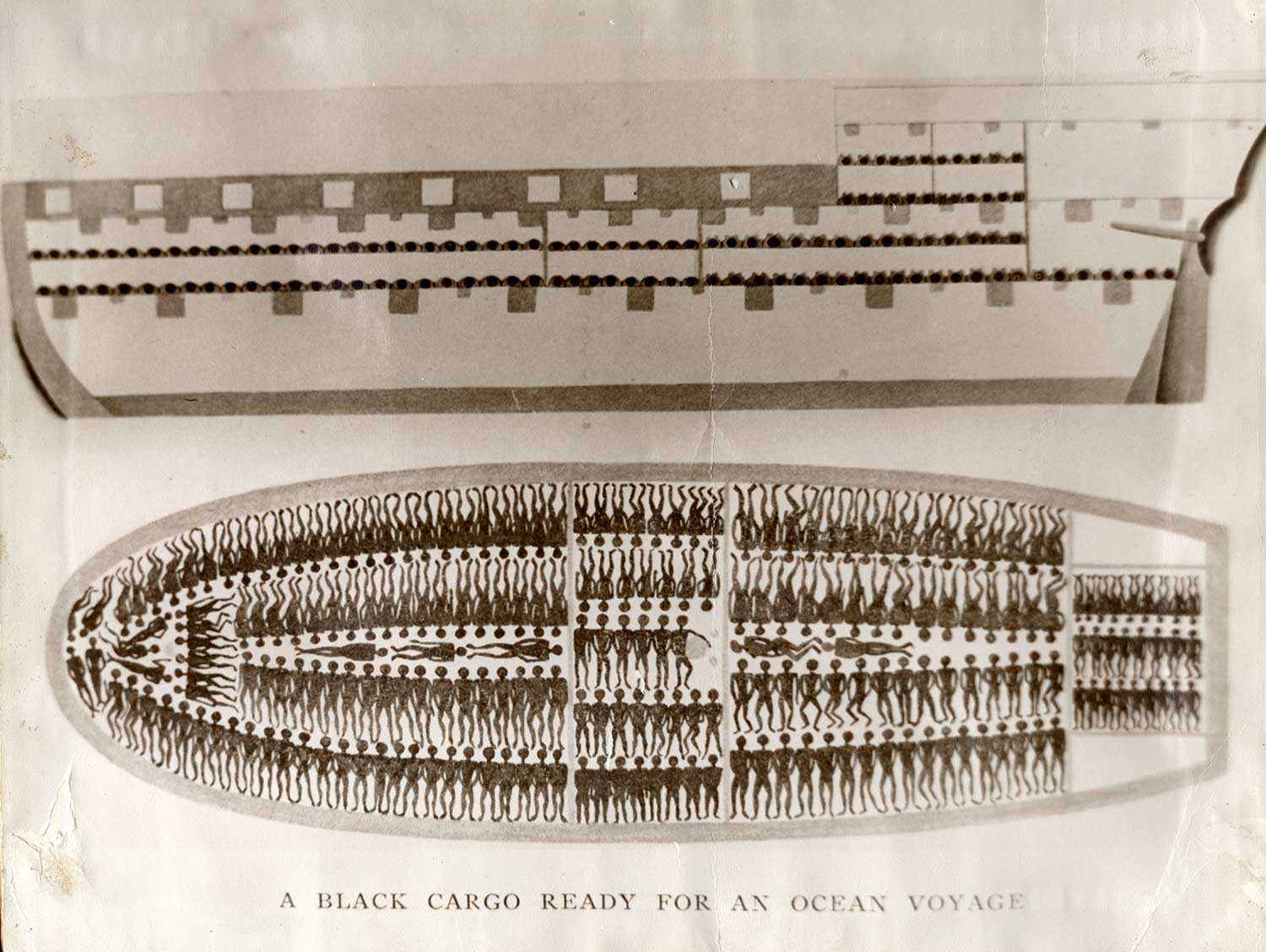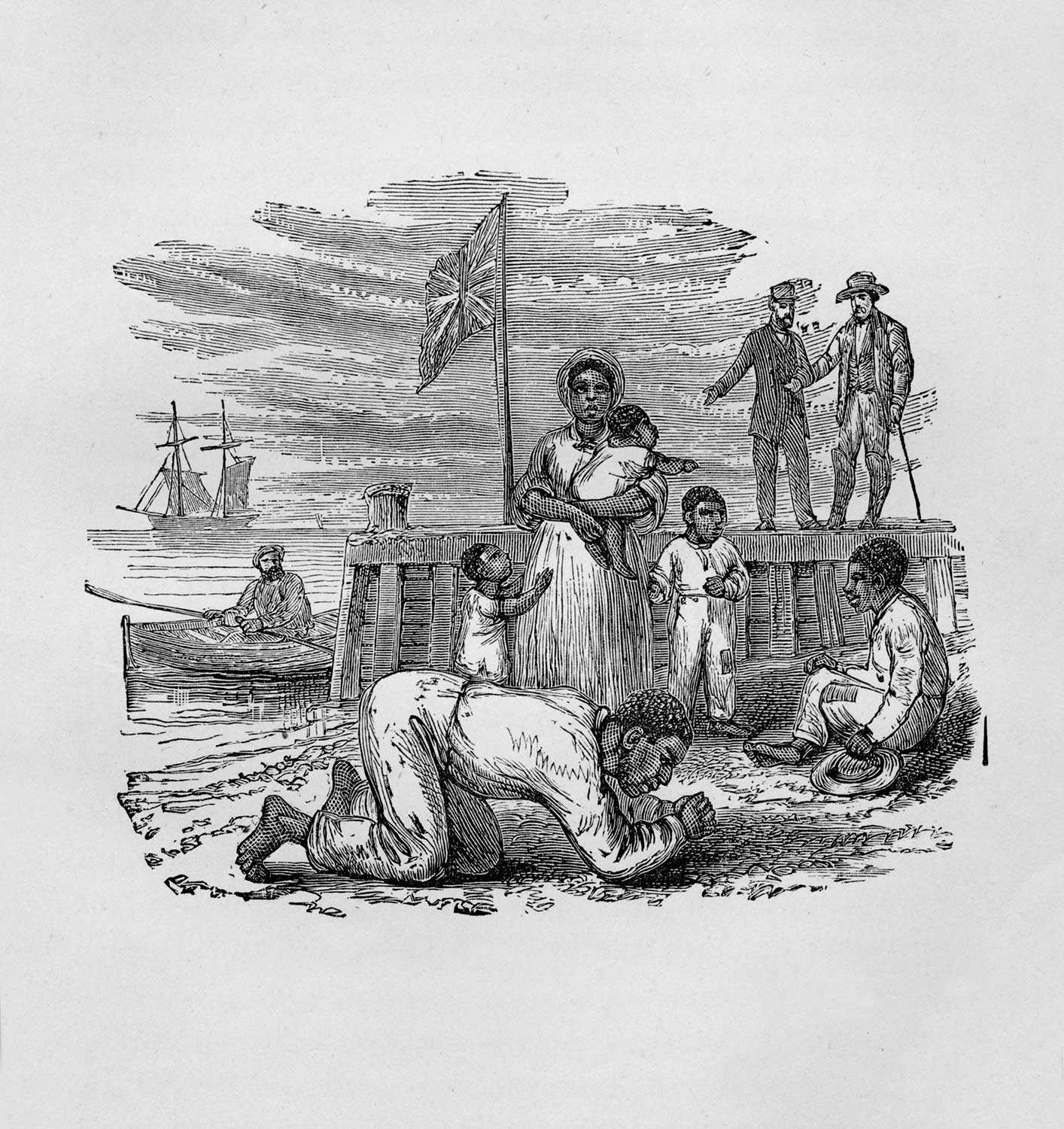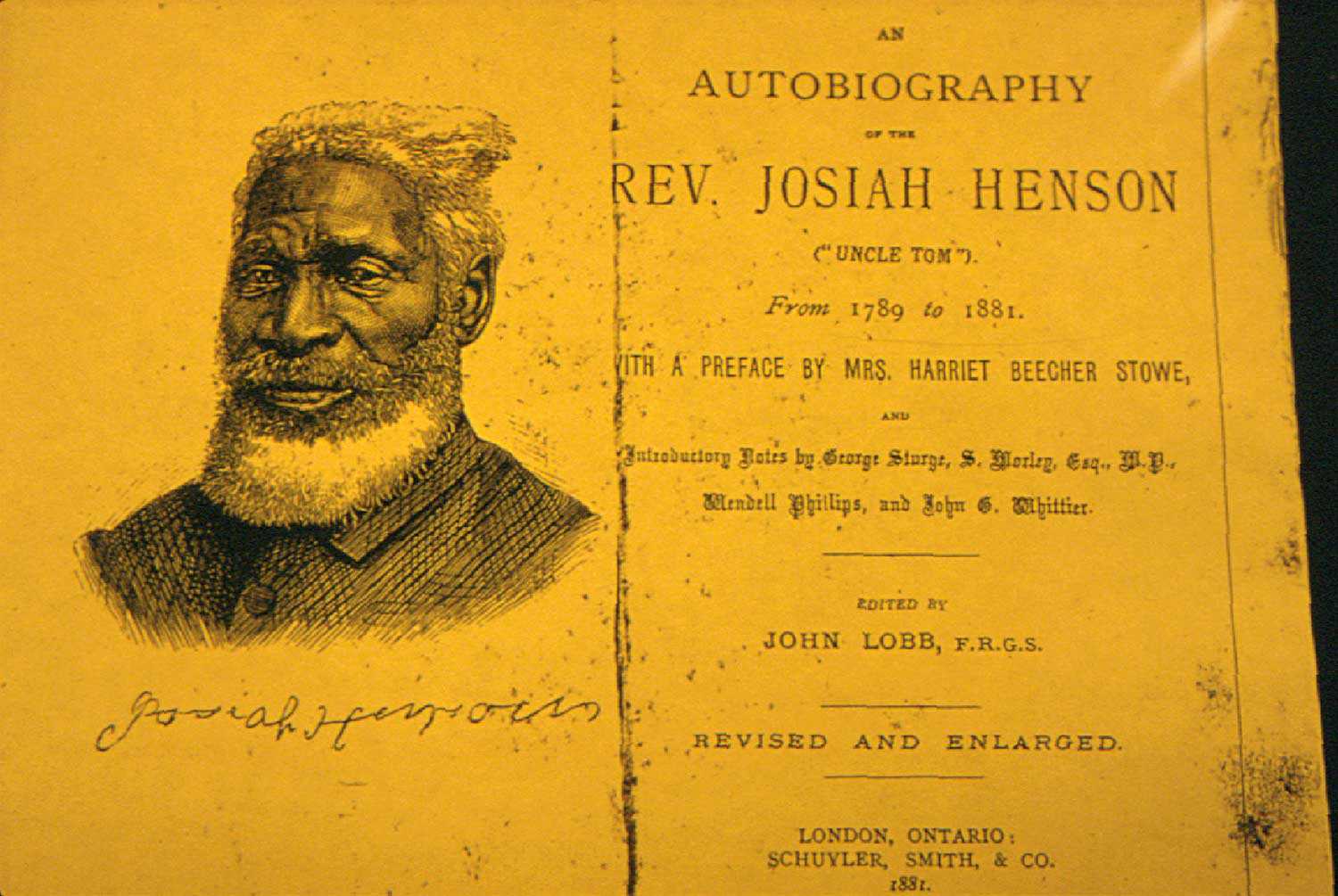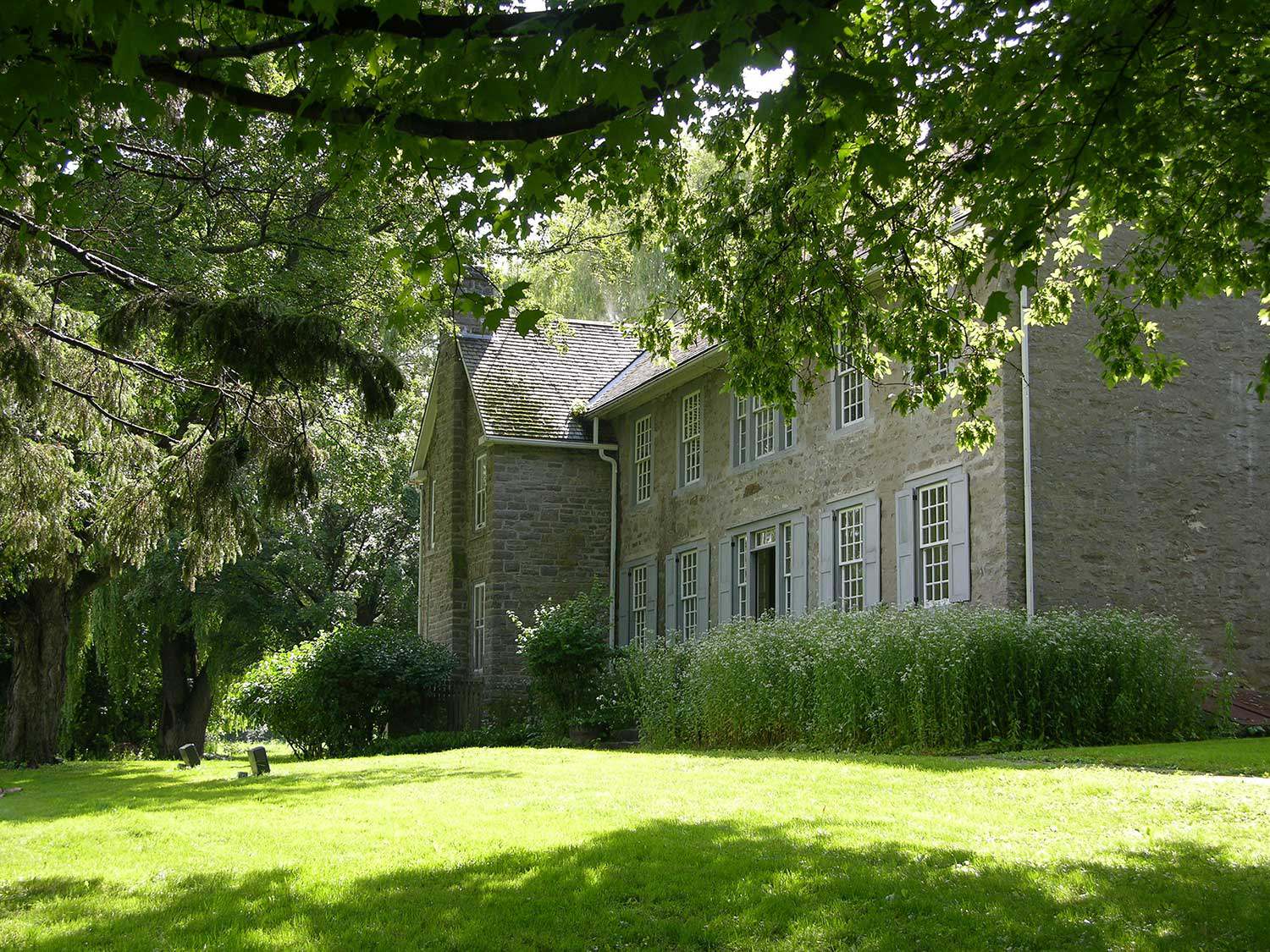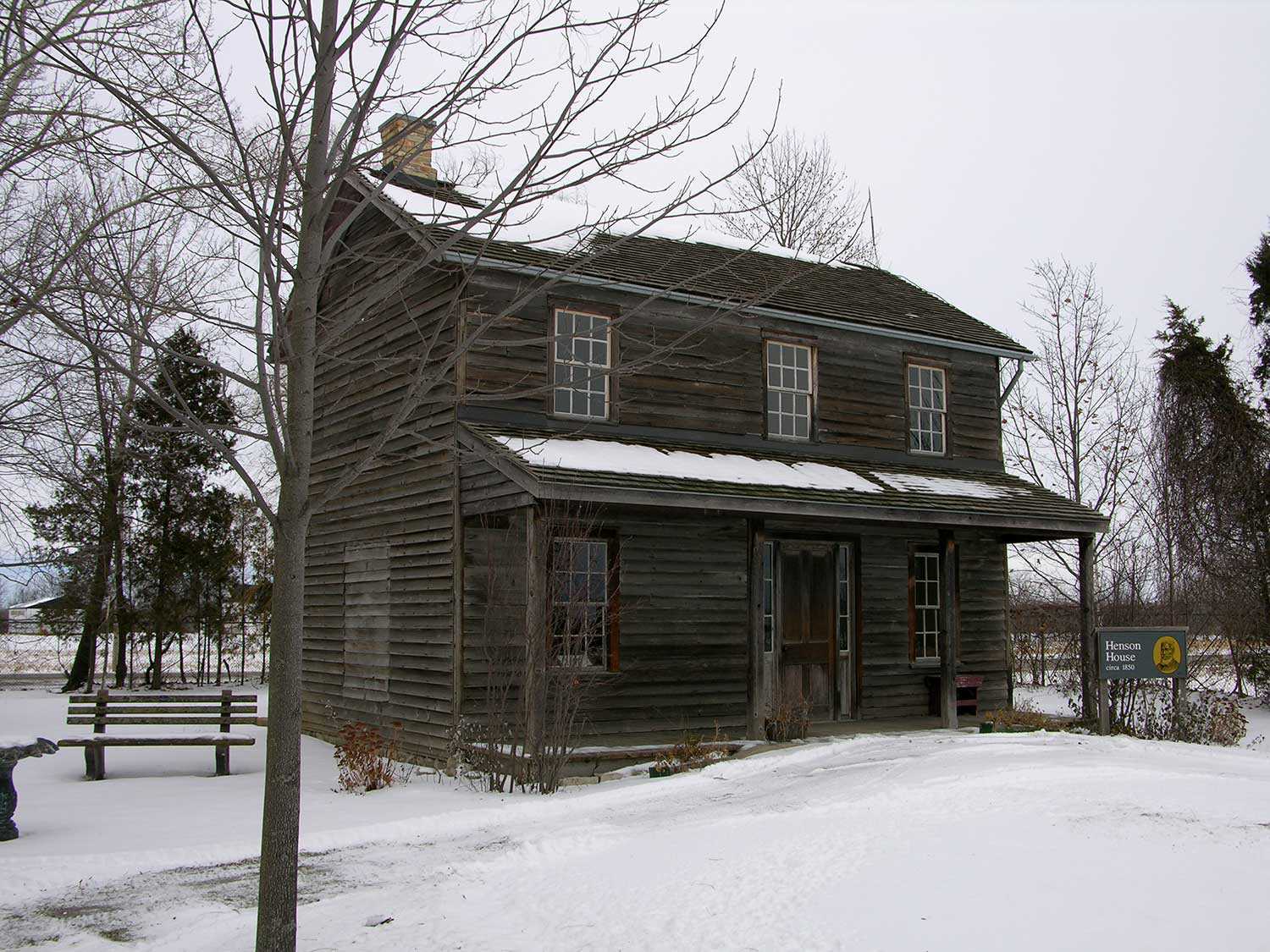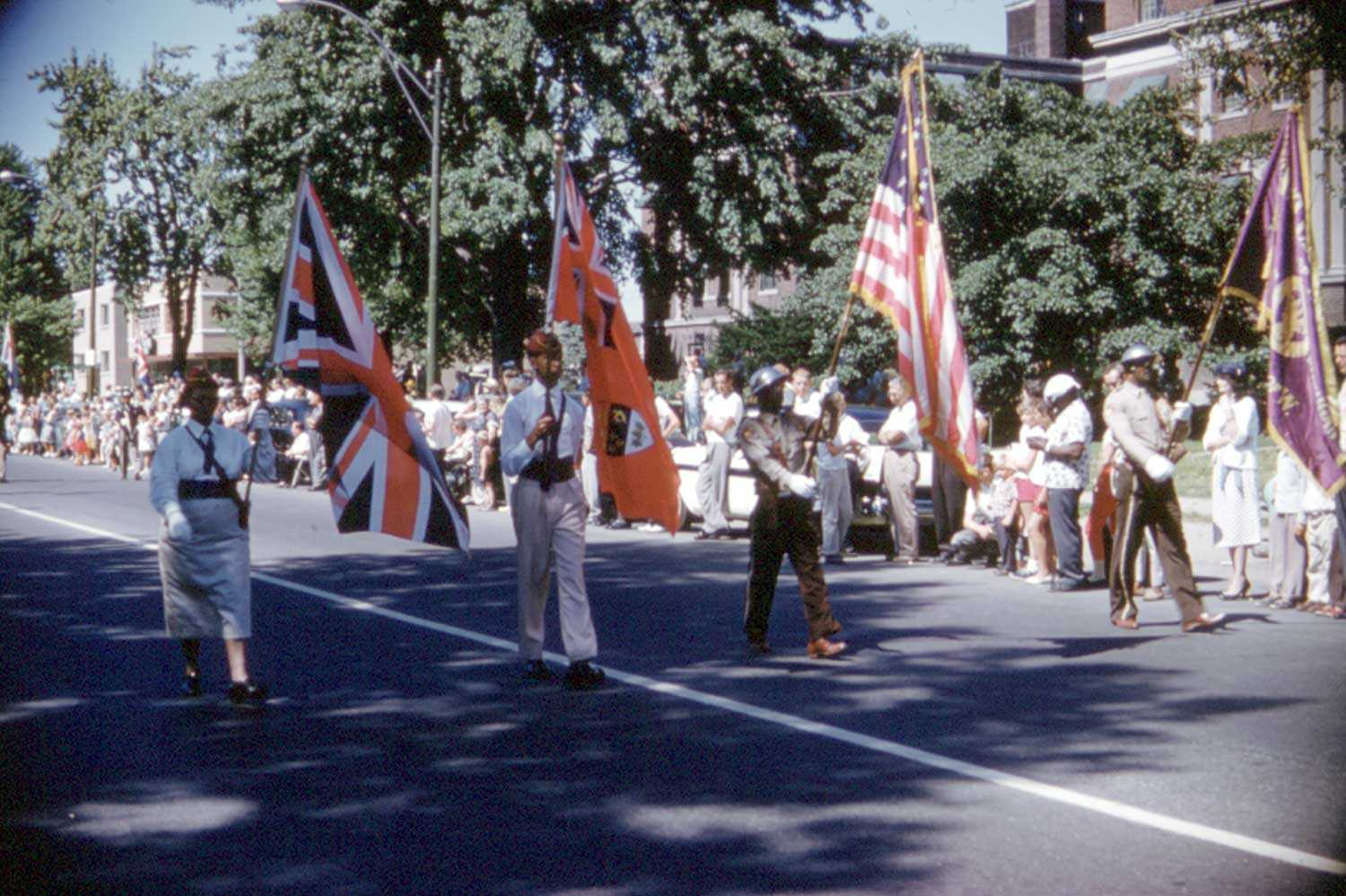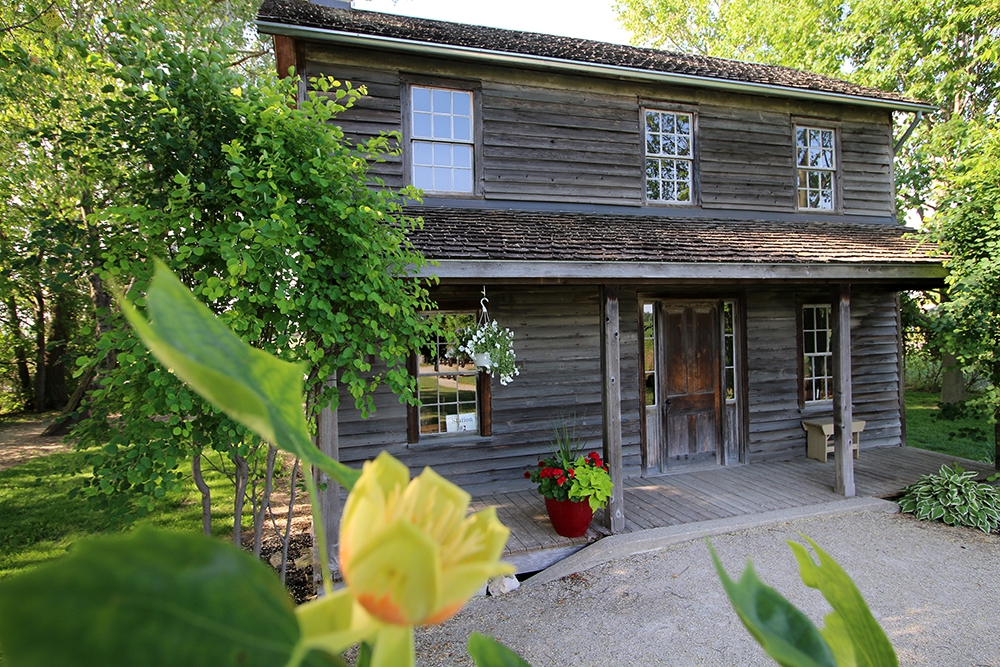

Browse by category
- Adaptive reuse
- Archaeology
- Arts and creativity
- Black heritage
- Buildings and architecture
- Communication
- Community
- Cultural landscapes
- Cultural objects
- Design
- Economics of heritage
- Environment
- Expanding the narrative
- Food
- Francophone heritage
- Indigenous heritage
- Intangible heritage
- Medical heritage
- Military heritage
- MyOntario
- Natural heritage
- Sport heritage
- Tools for conservation
- Women's heritage
The journey of the Africentric Alternative School
As traditional approaches to education continued to negate, under-represent and marginalize the contributions of African-Canadians, vocal critics of the report entitled Toward a New Beginning – The Report and Action Plan of the Four-Level Government/African Canadian Community Working Group (1992) initiated a new pedagogy in education that took into account the history, culture and tradition of the students and made these experiences central in learning.
This approach was also viewed as an effective means of addressing the high dropout rate and achievement gap affecting students of African descent. Many parents were also seeking approaches that they were not afforded.
It is in this context that the Africentric Alternative School (AAS) opened its doors on September 8, 2009 at Sheppard Public School (a school with declining enrolment) offering classes from Junior Kindergarten to Grade 5. The AAS stated three key outcomes for its students: high academic achievement, high self-pride and a high motivation to succeed. To date, the school has enjoyed many successes.
The school has approximately 190 students today with a waitlist, and has expanded to Grade 7, increased to three full-day kindergarten classes and plans to increase capacity to Grade 8.
The integration of diverse perspectives, experiences and histories of African people into the provincially mandated curriculum has translated to academic successes. This includes the inaugural Grade 3 class exceeding the results of the Toronto District School Board and the province of Ontario, thus showing that alternate models and Africentric education can garner the desired results.
Lastly, the school has fostered a healthy community of students, staff, parents, volunteers and advocates, resulting in increased levels of partnerships and engagement in line with the African concept of “it takes a village to raise a child.” The AAS continues to seek and develop more relevant and successful approaches to education that can be replicated in the larger society.

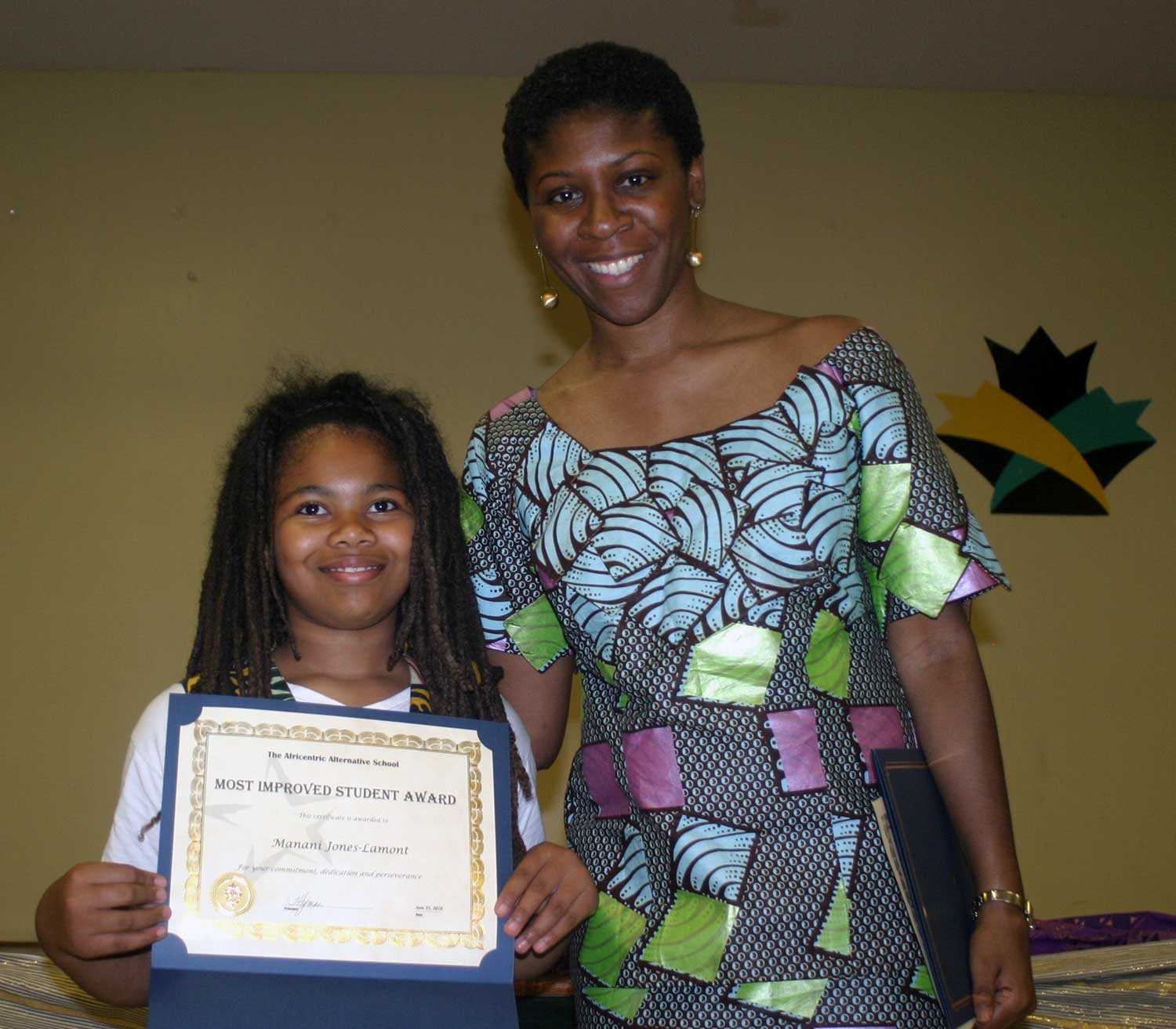
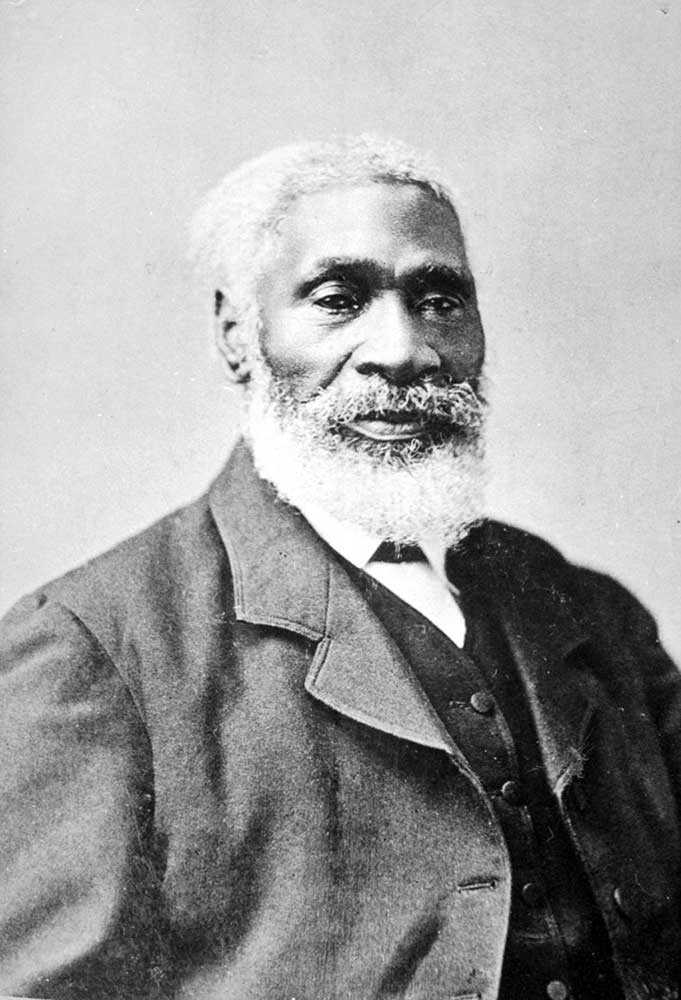
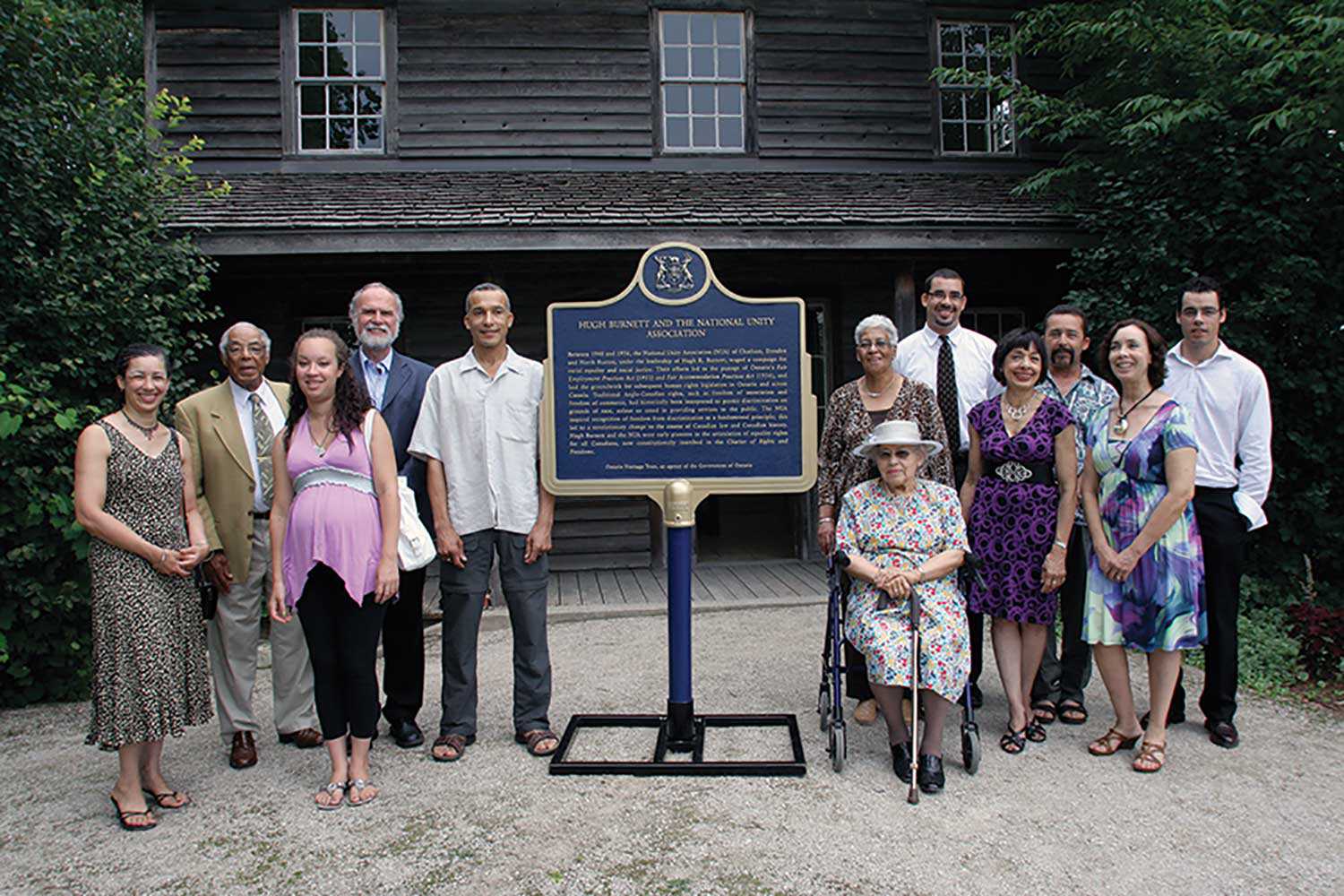
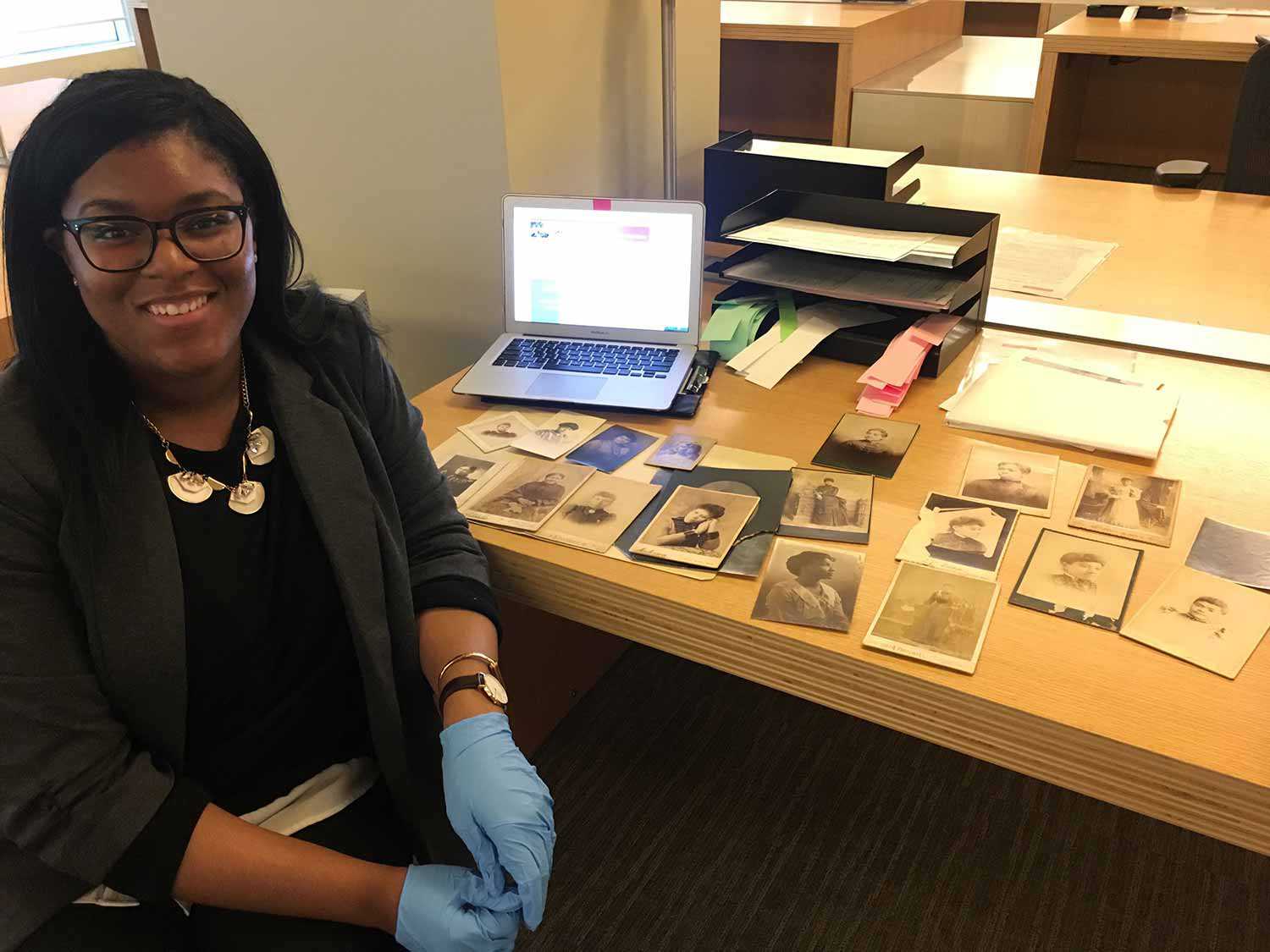
![F 2076-16-3-2/Unidentified woman and her son, [ca. 1900], Alvin D. McCurdy fonds, Archives of Ontario, I0027790.](https://www.heritage-matters.ca/uploads/Articles/27790_boy_and_woman_520-web.jpg)
